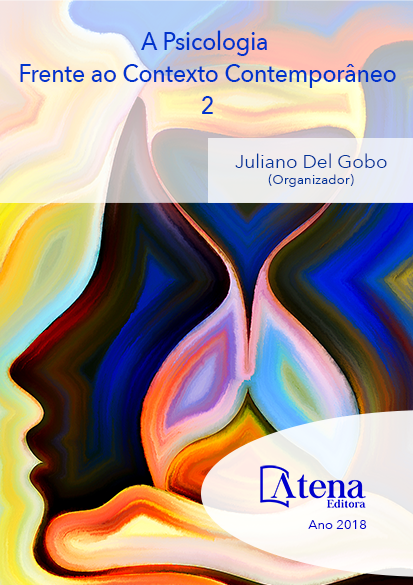
A TEORIA PROSPECTIVA E SUA INFLUÊNCIA NO PROCESSO DE DECISÃO
As pesquisas em economia
comportamental são caracterizadas por novas
abordagens para gestão nas organizações
e por estudos multidisciplinares de certos
fenômenos sobre diferentes perspectivas, tais
como a análise das heurísticas, dos vieses e
das limitações cognitivas que determinam o
seu processo de tomada de decisões. E, com
base na Teoria Prospectiva de Kahneman e
Tversky (1979), o artigo investiga a existência
de vieses prospectivos na tomada de decisão
dos estudantes de uma Instituição de Ensino
Superior, na cidade de Hortolândia-SP.
Para tanto, o trabalho realiza uma pesquisa
exploratória e descritiva junto aos alunos,
cuja estrutura é inspirada no trabalho original
de Kahneman e Tversky (1979) e a analise
abrange a Teoria Prospectiva Cumulativa
(TVERSKY & KAHNEMAN, 1992), e de certo
modo apresenta características novas, por,
intrinsecamente, expor uma comparação entre
a tomada de decisão entre os cursos quanto
ao autojulgamento dos indivíduos no mercado
financeiro e na influência dos cursos nos
mesmos, uma vez que, o comportamento de
cada indivíduo está ligado ao aprendizado e
vivencia agregados ao longo de seu crescimento
(SKINNER, 1982).
A TEORIA PROSPECTIVA E SUA INFLUÊNCIA NO PROCESSO DE DECISÃO
-
DOI: 10.22533/at.ed.1791819124
-
Palavras-chave: economia comportamental, teoria prospectiva, tomada de decisão e mercado financeiro.
-
Keywords: behavioral economics, prospective theory, decision making and financial market.
-
Abstract:
Behavioral economics’
researches are characterized by new
approaches to management in organizations
and by multidisciplinary studies of certain
phenomena on different perspectives, such as
the analysis of heuristics, biases and cognitive
limitations that determine their decision
making process. And, based on Kahneman
and Tversky’ Prospective Theory (1979), the
article investigates the existence of prospective
biases in the decision-making process of the
students of a Higher Education Institution, in
the city of Hortolândia-SP. So, the work carries
out an exploratory and descriptive research
with students whose structure is inspired by the
original work of Kahneman and Tversky (1979)
and the analysis covers Cumulative Prospective
Theory (TVERSKY & KAHNEMAN, 1992), and
in a certain way presents new features, by
intrinsically exposing a comparison between the decision making between the courses
regarding the self-judgment of individuals in the financial market and the influence of
the courses in them, since the behavior of each individual is linked to the aggregate
learning and experience throughout its growth (SKINNER, 1982).
-
Número de páginas: 15
- Ricardo de Queiroz Machado
- Edilei Rodrigues de Lames
- Carolina Leão Giollo


